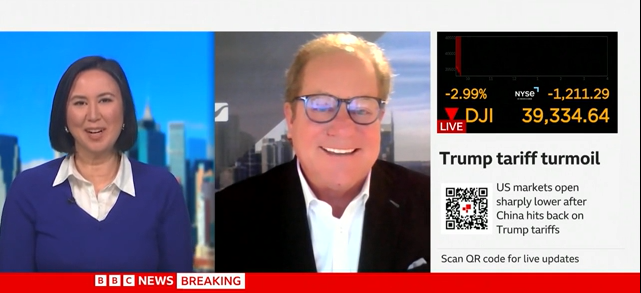How to prevent the proverb 'shirtsleeves to shirtsleeves in 3 generations'
September 8, 2017
Longtime readers of this column might recognize the universal cultural proverb “shirtsleeves to shirtsleeves in three generations.” It is thought to exist in all cultures and all written languages, both modern and ancient. All proverbs tell a basic truth and the shirtsleeves proverb informs us that generational wealth has a pattern.
The fortunes that are accumulated by the first generation are dissipated by the next three generations. Like all proverbs, there is a lesson to be learned.
The proverb describes how the first generation starts without wealth and possibly without education. Their greatest opportunity is to be an entrepreneur and work hard, which they do. Along the way, they do not change their values or their lifestyle.
Like all parents, they want a better life for their children so the second generation is well educated and has a choice about career.
They become lawyers, engineers, doctors and enjoy cultural activities. Their parents worked in shirtsleeves but the children go to work in jacket and tie. They saw the sacrifices their parents made to amass the family fortune and they know their parents want them to have a better, easier life so they adjust their lifestyle accordingly. The family fortune plateaus in the second generation. The third generation is raised with all the spoils of wealth. They do not witness the amount of work and sacrifice that it took to create the wealth so the third generation consumes the family fortune and the fourth generation goes to work in shirtsleeves again.
The proverb is certainly not unique to the western world. Clogs to clogs, stalls to stalls, rice paddy to rice paddy, shirtsleeves to shirtsleeves. It is a universal cultural proverb because it describes human nature. The proverb also describes failure. I often think of this proverb when I hear “the rich get richer.”
It is true that it is easier to make money if you start with money. But people with money tend to acquire expensive hobbies and lifestyles which can be a huge drag on their financial resources. It is also true that the first generation was motivated by need and desire for a better life. The third generation is born into a family that is enjoying a wonderful lifestyle so they have less motivation to create wealth. The desire to “spoil” the children is actually a disservice to the younger generations.
James E. Hughes, Jr., my favorite author on generational wealth, in his book "Family Wealth – Keeping it in the Family" suggests there is an antidote for this proverb. He says “to successfully preserve its wealth, a family must form a social compact among its members reflecting its shared values, and each successive generation must reaffirm and readopt that social compact.”
The lesson of the shirtsleeves proverb is all generations need to be connected to the family and the family’s values. If a family is only connected by money and legal structures, it is difficult to prevent the shirtsleeves proverb from becoming reality. Families need to come together on a regular basis and be reminded of who they are, where they come from and in what way they are different and how that difference can benefit them and the future generations of the family.
Be sure to tell your children the stories of your family, the stories of how the family’s wealth was created and what was important to the generation that created the wealth.
Phoebe Venable, chartered financial analyst, is president and COO of CapWealth Advisors, LLC. Her column on women, families and building wealth appears every other Saturday in The Tennessean.













